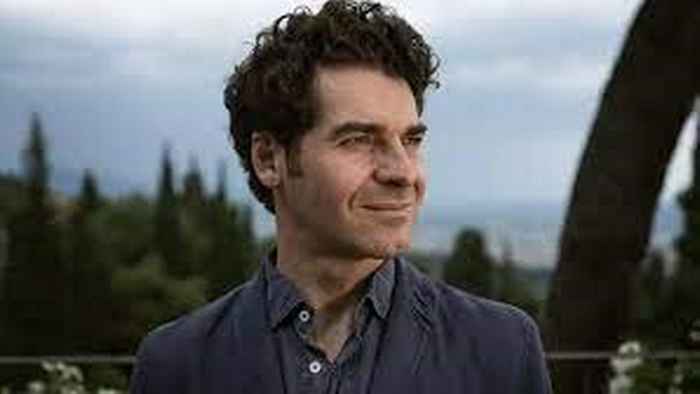Why and How to Make Europe a People’s Project?
- Date
- 8 April 2024
- Time
- 13:00 -14:30
- Location
- Roeterseilandcampus - building A

What's holding back EU Democracy?
After 70 years of unprecedented socioeconomic integration, the EU continues to evolve through processes that largely marginalize citizens’ input. It remains virtually impossible for an EU citizen – not to mention its residents – to express their desire for a change in the Union’s direction and hold its institutions accountable. Yet the question of how would the Union look like if it had put citizens at its centre not margins remains not only unanswered but also unimagined.
As over 400 millions voters are called upon to vote in the next EU parliament elections in June, this public lecture offers a critical yet constructive analysis of the structural conditions preventing the EU from democratizing, ranging from the absence of both a pan-EU electoral party system to the lack of a pan-EU public sphere. It finally suggests some power-shifting reforms enabling citizens, residents of the EU as well citizens from candidate countries to reclaim their voice and power in the Union.
Alberto Alemanno is Jean Monnet Professor in European Union Law and one of the leading voices on the democratization of the European Union. He has written extensively on risk regulation, public health, consumer rights, food policy as democratic innovation, participatory and deliberative democracy.
He’s the author of more than forty scientific articles and several academic books such as 'Nudge and the Law – A European Perspective'.
Alberto is also permanent visiting professor at the University of Tokyo School of Public Policy, the College of Europe, in Bruges and a scholar at the O’Neill Institute for National and Global Health Law as well as fellow at The Rutgers Institute for Corporate Social Innovation at Rutgers University.
